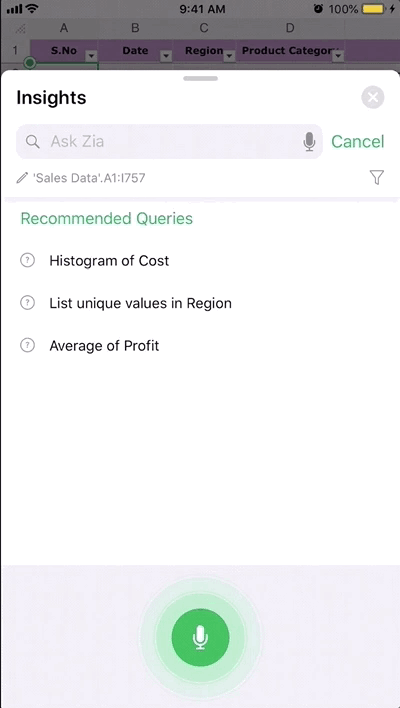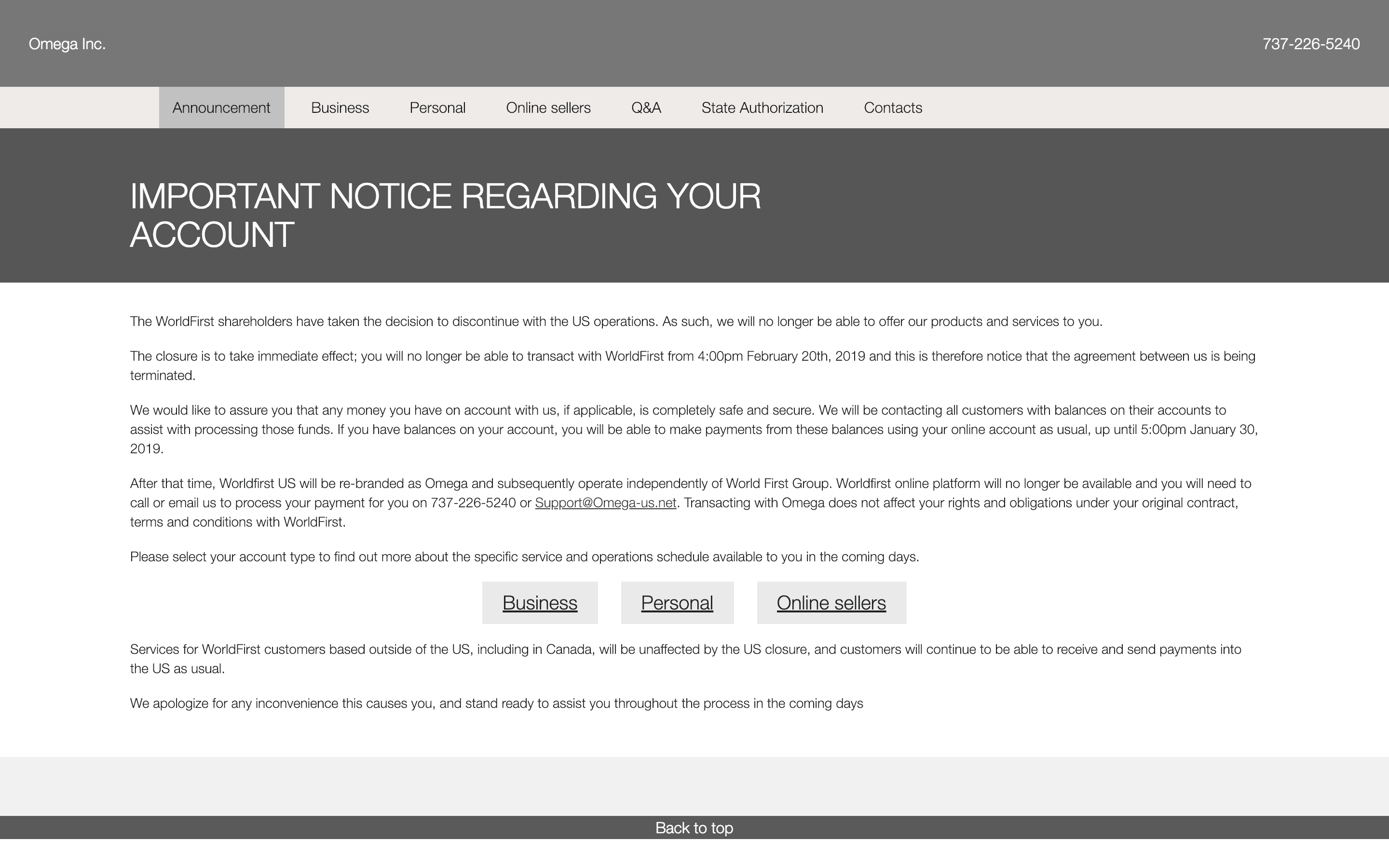The European Union’s political institutions have reached agreement over new rules designed to boost transparency around online platform businesses and curb unfair practices to support traders and other businesses that rely on digital intermediaries for discovery and sales.
The European Commission proposed a regulation for fairness and transparency in online platform trading last April. And late yesterday the European Parliament, the Council of the EU and the Commission reached a political deal on regulating the business environment of platforms, announcing the development in a press release today.
The political agreement paves the way for adoption and publication of the regulation, likely later this year. The rules will apply 12 months after that point.
Under the new rules, sudden and unexpected account suspensions will be banned, with the Commission saying platforms will have to provide “clear reasons” for any termination and also possibilities for appeal.
Terms and conditions must also be “easily available and provided in plain and intelligible language”.
There must also be advance notice of changes — of at least 15 days, with longer notice periods applying for more complex changes.
Online platform intermediaries such as ecommerce marketplaces and search engines are covered by the new rules if they provide services to businesses established in the EU and which offer goods or services to consumers located in the EU.
The Commission estimates there are some 7,000 such platforms and marketplaces which will be covered by the regulation, noting this includes “world giants as well as very small start-ups”.
To be clear, the regulation does not target every online platform. For example, it does not cover online advertising (or b2b ad exchanges), payment services, SEO services or services that do not intermediate direct transactions between businesses and consumers.
The Commission also notes that online retailers that sell their own brand products and/or don’t rely on third party sellers on their own platform are also excluded from the regulation, such as retailers of brands or supermarkets.
For search engines the focus is on ranking transparency. And on that front dominant search engine Google has attracted more than its fair share of criticism in Europe from a range of rivals (not all of whom are European).
In 2017, the search giant was also slapped with a $2.7BN antitrust fine related to its price comparison service, Google Shopping. The EC found Google had systematically given prominent placement to its own search comparison service while also demoting rival services in search results. (Google rejects the findings and is appealing.)
Given that history, the new transparency provisions look intended to make it harder for a dominant search player to use its market power against rivals.
Changing the online marketplace
The importance of legislating for platform fairness was also flagged by the Commission’s antitrust chief, Margrethe Vestager, last summer — when she handed Google another very large fine ($5BN) for anti-competitive behavior related to its mobile platform Android.
Vestager said then she wasn’t sure breaking Google up would be an effective competition fix, preferring to push for remedies to support “more players to have a real go”, as her Android decision attempts to do. But she also stressed the importance of “legislation that will ensure that you have transparency and fairness in the business to platform relationship”.
If businesses have legal means to find out why, for example, their traffic has stopped and what they can do to get it back that will “change the marketplace, and it will change the way we are protected as consumers but also as businesses”, she argued.
Just such a change is now in sight thanks to EU political accord on the issue.
The regulation represents the first such rules for online platforms in Europe and — commissioners’ contend — anywhere in the world.
“Our target is to outlaw some of the most unfair practices and create a benchmark for transparency, at the same time safeguarding the great advantages of online platforms both for consumers and for businesses,” said Andrus Ansip, VP for the EU’s Digital Single Market initiative in a statement.
Elżbieta Bieńkowska, commissioner for internal market, industry, entrepreneurship, and SMEs, added that the rules are “especially designed with the millions of SMEs in mind”.
“Many of them do not have the bargaining muscle to enter into a dispute with a big platform, but with these new rules they have a new safety net and will no longer worry about being randomly kicked off a platform, or intransparent ranking in search results,” she said in another supporting statement.
In a factsheet about the new rules, the Commission specifies they cover third-party ecommerce market places (e.g. Amazon Marketplace, eBay, Fnac Marketplace, etc.); app stores (e.g. Google Play, Apple App Store, Microsoft Store etc.); social media for business (e.g. Facebook pages, Instagram used by makers/artists etc.); and price comparison tools (e.g. Skyscanner, Google Shopping etc.).
Where transparency is concerned, the rules require that marketplaces and search engines disclose the main parameters they use to rank goods and services on their site “to help sellers understand how to optimise their presence” — with the Commission saying the regulation aims to strike a balance of supporting sellers without allowing gaming of the ranking system.
Some platform business practices will also require mandatory disclosure — such as for platforms that not only provide a marketplace for sellers but sell on their platform themselves, as does Amazon for example.
The ecommerce giant’s use of merchant data remains under scrutiny in the EU. Vestager revealed a preliminary antitrust probe of Amazon last fall — when she said her department was gathering information to “try to get a full picture”.
She said her concern is dual platforms could gain an unfair advantage as a consequence of access to merchants’ data. And, again, the incoming transparency rules look intended to shrink that risk — requiring what the Commission couches as exhaustive disclosure of “any advantage” a platform may give to their own products over others.
“They must also disclose what data they collect, and how they use it — and in particular how such data is shared with other business partners they have,” it continues, noting also that: “Where personal data is concerned, the rules of the GDPR [General Data Protection Regulation] apply.”
(And GDPR of course places further transparency requirements on platforms by, for example, empowering individuals to request any personal data held on them, as well as the reasons why their information is being processed.)
The platform regulation also includes new avenues for dispute resolution by requiring platforms set up an internal complaint-handling system to assist business users.
“Only the smallest platforms in terms of head count or turnover will be exempt from this obligation,” the Commission notes. (The exemption limit is set at fewer than 50 staff and less than €10M revenue.)
It also says: “Platforms will have to provide businesses with more options to resolve a potential problem through mediators. This will help resolve more issues out of court, saving businesses time and money.”
But, at the same time, the new rules allow business associations to take platforms to court to stop any non-compliance — mirroring a provision in the GDPR which also allows for collective enforcement and redress of individual privacy rights (where Member States adopt it).
“This will help overcome fear of retaliation, and lower the cost of court cases for individual businesses, when the new rules are not followed,” the Commission argues.
“In addition, Member States can appoint public authorities with enforcement powers, if they wish, and businesses can turn to those authorities.”
One component of the regulation that appears to be being left up to EU Member States to tackle is penalties for non-compliance — with no clear regime of fines set out (as there is in GDPR). So it’s not clear whether the platform regulation might not have rather more bark than bite, at least initially.
“Member States shall need to take measures that are sufficiently dissuasive to ensure that the online intermediation platforms and search engines comply with the requirements in the Regulation,” the Commission writes in a section of its factsheet dealing with how to make sure platforms respect the new rules.
It also points again to the provision allowing business associations or organisations to take action in national courts on behalf of members — saying this offers a legal route to “stop or prohibit non-compliance with one or more of the requirements of the Regulation”. So, er, expect lawsuits.
The Commission says the rules will be subject to review within 18 months after they come into force — in a bid to ensure the regulation keeps pace with fast-paced tech developments.
A dedicated Online Platform Observatory has been established in the EU for the purpose of “monitoring the evolution of the market and the effective implementation of the rules”, it adds.

 “Keeping your private browsing preferences seamless is just another way we’re making it simple and easy to give you back control of the privacy of your online experience,” Mozilla explains in today’s announcement.
“Keeping your private browsing preferences seamless is just another way we’re making it simple and easy to give you back control of the privacy of your online experience,” Mozilla explains in today’s announcement.





